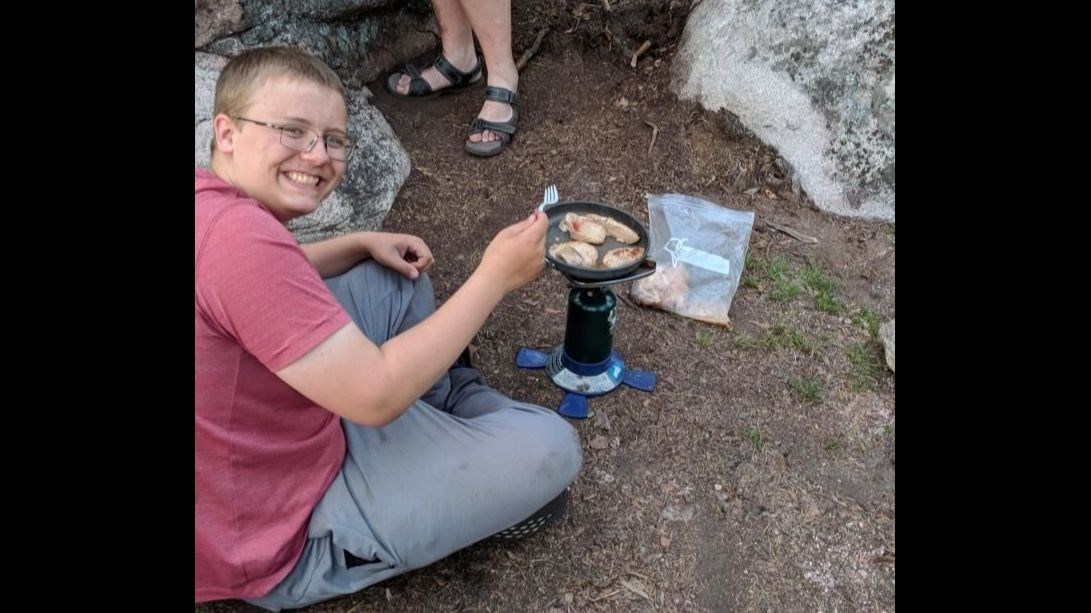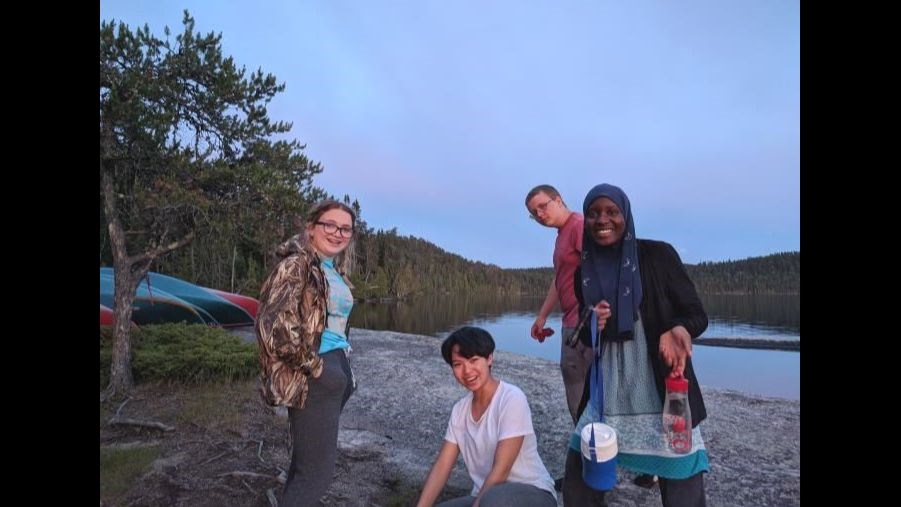Sustainability
We live together on a planet that is of a fixed size with a fixed number of available resources. As the human population continues to expand and as individual consumption increases, we are becoming aware of the limits of our earth. Every day new information emerges on the rate of species extinction, expanding pollution in our oceans, air pollution in cities, natural disasters, and resource scarcity. Yet there is also reason for hope; collectively, we can make a difference. Through educating our youth about current issues as well as providing them with the skills and ability to act on the information they receive we can make positive changes happen while at the same time creating a strong local economy.
As a school division, every one of our schools has engaged in activities to create a more sustainable future. Whether it is planting a garden, doing town cleanups or nurturing tomatoes in a greenhouse, we are working towards developing environmental consciousness in our youth.
Lakeshore School Division’s Sustainable Wilderness Out Tripping (SWOT) program is a high school course that focuses on teaching sustainability and character development. It is available to students throughout the Division and has both a level one and level two component. Each year students apply to the program and work through an application and selection process that involves creating and implementing a sustainability project in their home community. Following this, students attend Saturday sessions and a two-day training canoe trip in Whiteshell Provincial Park. The course culminates in an eight-day wilderness canoe trip in Northwestern Ontario. Lakeshore School Division is also proud to have created a partnership with the International Institute for Sustainable Development. This partnership utilizes funding from a sustainable education grant to allow Lakeshore students to participate in a two-week summer internship in the Experimental Lakes area in Ontario. This internship allows students to engage in hands-on scientific research on freshwater ecosystems.
For more information on these initiatives, please contact the School Division Office.





